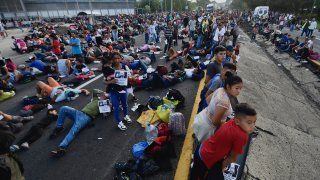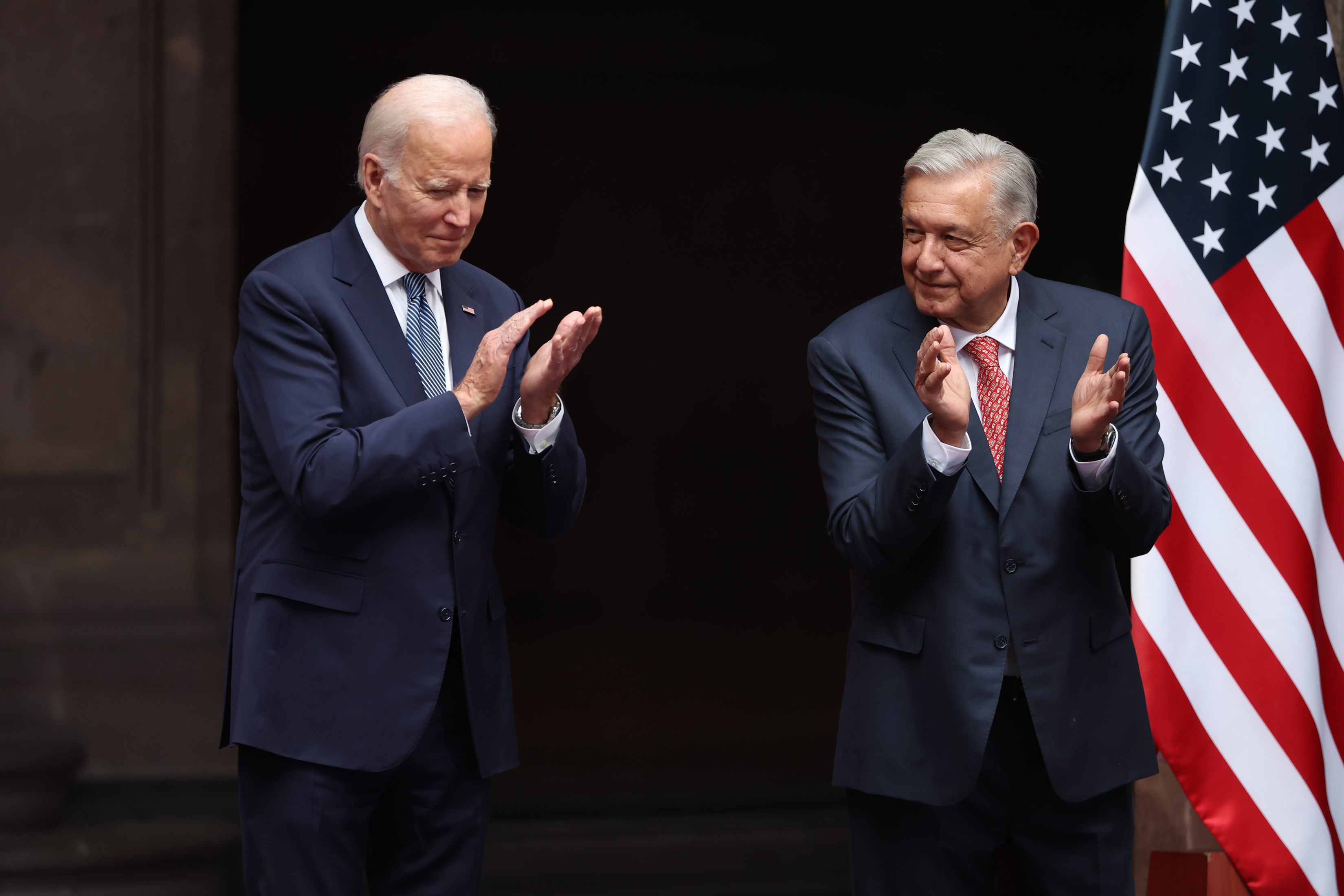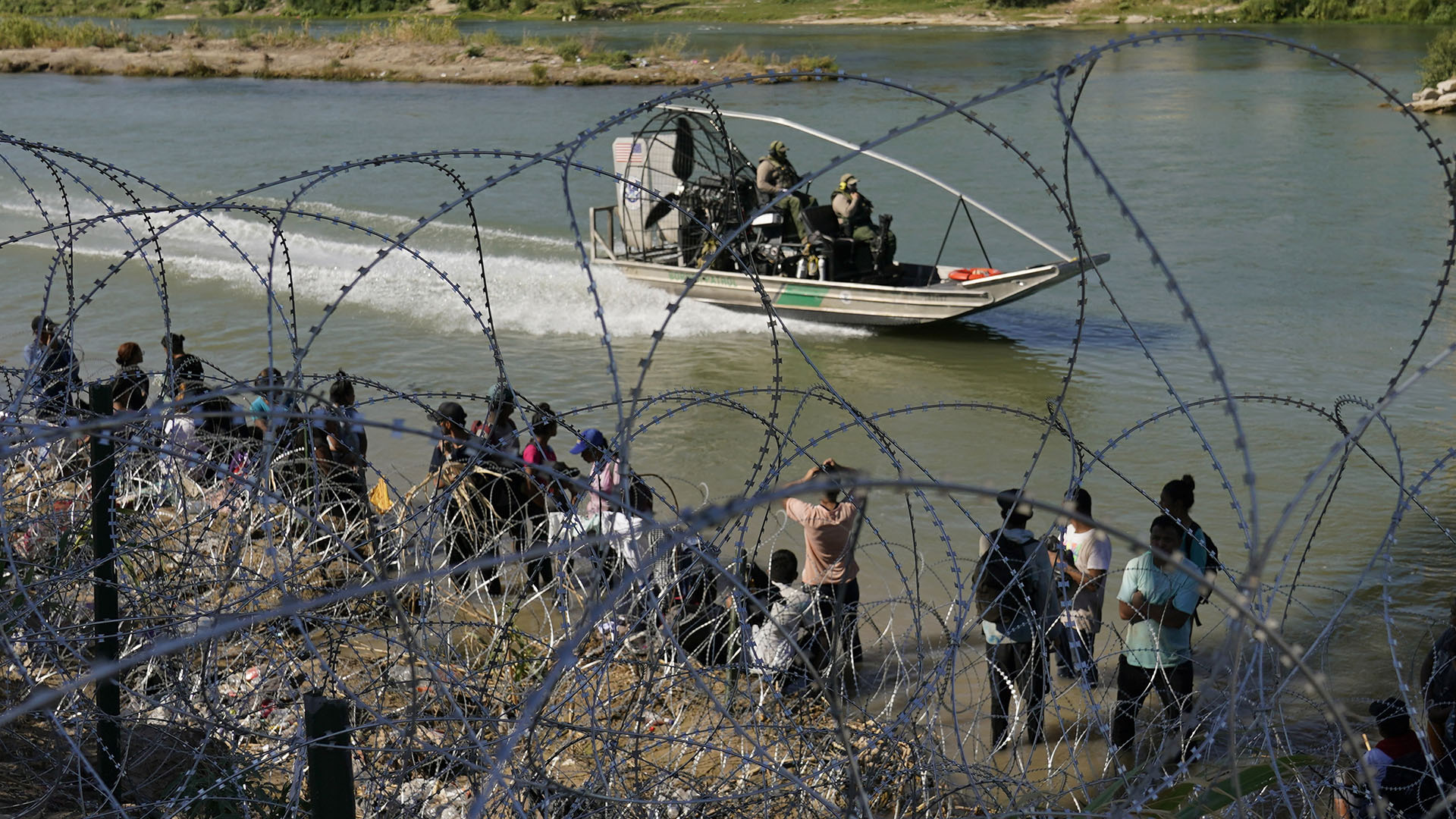
The head of Mexico’s immigration agency has ordered the suspension of migrant deportations and transfers due to a lack of funds amid a record-setting year for migration through the country’s territory.
The suspensions were outlined in an agency memo dated Dec. 1 from director Francisco Garduño, whose authenticity was confirmed to the Associated Press by an agency official who requested anonymity because they were not authorized to discuss it.
Mexico’s finance ministry suspended payments to the National Immigration Institute in November due to end-of-year budget adjustments, according to the memo.
Citing budget constraints “and the lack of liquidity to cover commitments,” Garduño ordered a halt to various agency activities, most notably the “assisted returns,” a government euphemism to describe deportations, and “ground transportation for transfer of irregular migrants.”
Get top local stories in DFW delivered to you every morning. >Sign up for NBC DFW's News Headlines newsletter.
Mexico's government had been frequently moving migrants from points north near the U.S. border to locations in the south in part to relieve pressure on border cities, but also to exhaust migrants, according to advocates.
Mexico has recorded nearly 590,000 undocumented migrants in its territory this year, a significant increase compared to 440,000 in all of last year and fewer than 310,000 in 2021, according to government data.
Mexico has already deported far fewer migrants this year than in recent years. From January to October, the government deported 51,000 migrants, compared to nearly 122,000 in all of last year and more than 130,000 in 2021.
Deportations had precipitously dropped in April following a fire at a migrant detention center in Ciudad Juarez, across the border from El Paso, Texas.
The fire killed 40 migrants and injured 27 more. The tragedy threw the immigration agency into chaos and it temporarily closed dozens of its detention centers. Garduño and seven other officials face criminal charges related to the deadly fire. Six of them were charged with homicide.
Deportations had just picked up again in October, when Mexico began sending migrants back to their countries, including flights to Cuba and Venezuela.
With the halt to funding, “Mexico is likely to rely more heavily on National Guard soldiers for migration management, a mission that they are barely prepared to fulfill,” said Adam Isacson, an immigration analyst with the Washington Office on Latin America.
“The result is likely to be a sharp decline in Mexico’s migrant apprehensions during December, and migrants may have a modestly easier time than usual reaching the U.S. border.”
____



